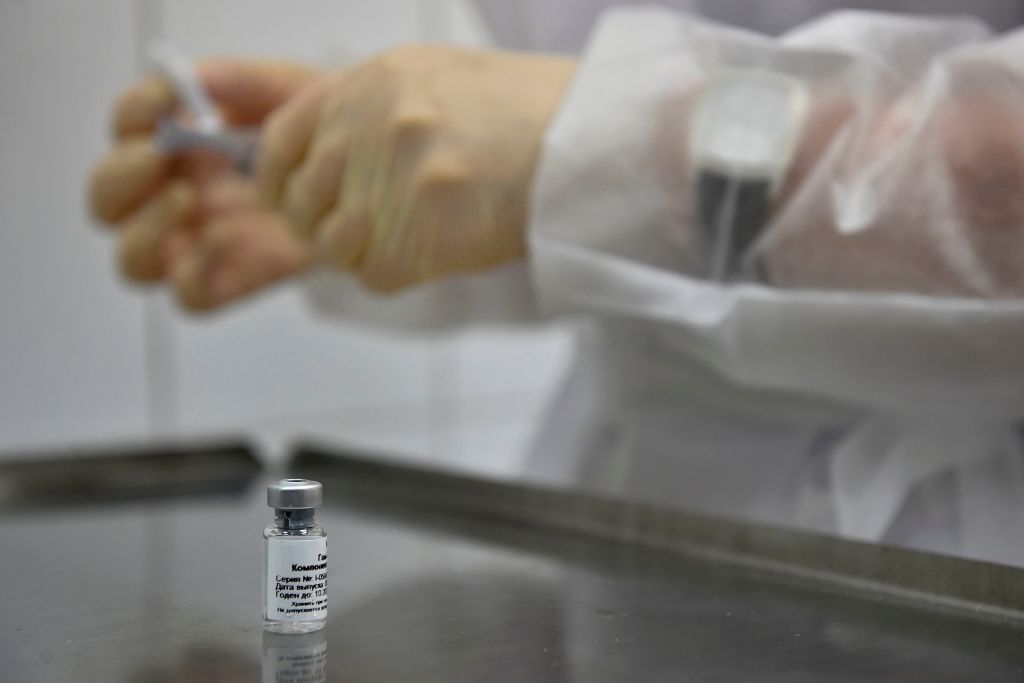When Covid-19 vaccines arrive, are people going to agree to have them? Most of the world’s advanced economies have chosen to suppress the circulation of the Covid virus, SarsCoV-2, by lockdown, to great economic and social cost. And each of these national choices has been predicated on the assumption that the vaccines now under development will soon be available, will be protective, and will by their general distribution prevent further circulation of the virus. A further assumption is that the negative effects of lockdown can be accommodated till then. So where are we after six months of lockdown and social distancing?
Scientific groups worldwide have now taken Covid-19 vaccines beyond the first developmental phase including at least one vaccine intended for single-dose use; and huge investment has been committed to bringing any proven vaccine quickly on stream. Data from published vaccine trials has been encouraging (even if the Oxford vaccine was paused this week after a volunteer suffered an adverse reaction), but it has mostly concerned recipients who are less than 50 years old and fit, i.e.







Comments
Join the debate for just $5 for 3 months
Be part of the conversation with other Spectator readers by getting your first three months for $5.
UNLOCK ACCESS Just $5 for 3 monthsAlready a subscriber? Log in